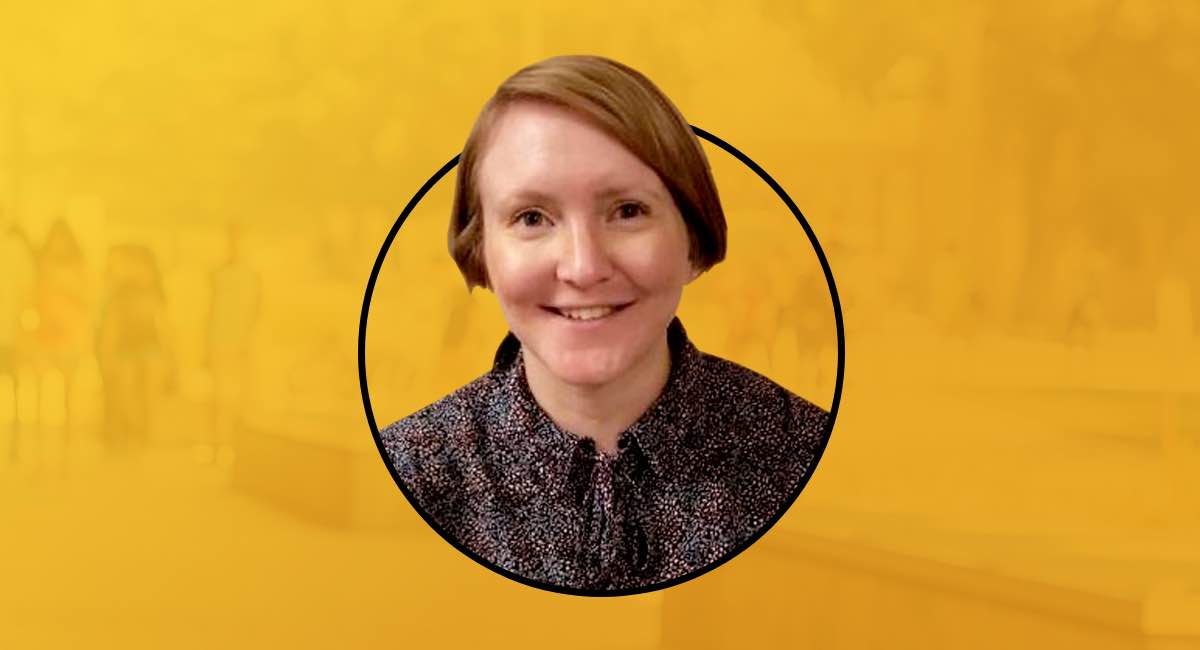HMC Names Babintseva Hixon-Riggs Early Career Fellow in Science and Technology Studies
August 13, 2020
Harvey Mudd College has named Ekaterina Babintseva, a historian of science and technology, the Hixon-Riggs Early Career Fellow in Science and Technology Studies for 2020-2022.
Babintseva examines the history of computing and psychology in the 20th century. A PhD recipient from the University of Pennsylvania, she is interested in the ways mid-century psychologists mobilized computing and mathematical methods of inquiry to describe, model and simulate human cognition.
“I’m excited to find myself in a community where liberal arts and STEM complete rather than exclude each other,” says Babintseva about coming to Harvey Mudd. “I know that teaching the history of science and technology is especially fun when you have students with diverse interdisciplinary interests in your classroom. This upcoming semester, I will be teaching a class on historical practices and contemporary ramifications of data collection. I look forward to meeting my students and building with them a collaborative intellectual space to think about the role of data in our society.”
Babintseva is working on a book manuscript, which argues that during the 1960s and 1970s, despite ideological and political differences, the United States and the Soviet Union came to view the human mind as an important resource for their economies. Her book examines how psychologists in both countries sought to algorithmically model the learning mind and build special teaching computers that would streamline how humans acquire new knowledge and solve problems. She demonstrates that in doing so, Soviet and American scientists circulated the knowledge about human minds and computers across the Iron Curtain.
As a teacher, Babintseva strives to help students develop a critical perspective on the role of contemporary digital technology in our society. Using historical, sociological and anthropological perspectives, she encourages students to ask questions about racial, gender and class ramifications of computing, artificial intelligence (AI) and data technologies. Who benefits from contemporary data collection? Historically, whose data has been mostly targeted? What kind of intelligence have AI projects historically imitated? What are the social and ethical consequences of introducing AI into contemporary governance? She believes that answering these questions can help students become responsible developers and consumers of digital technology.
The Hixon-Riggs Early Career Fellowship is offered to a junior postdoctoral scholar for a term of one to two years. HMC fellows come from multiple disciplinary backgrounds and work on projects that examine the social dimensions of science and technology.
